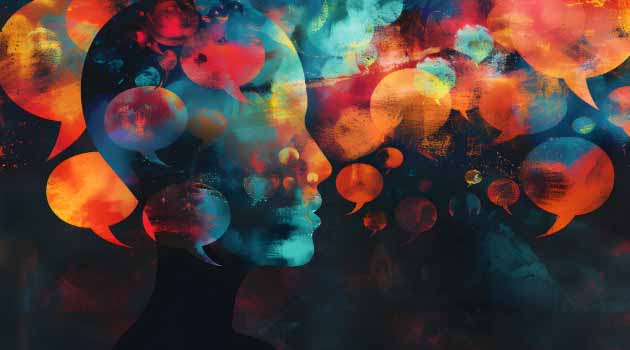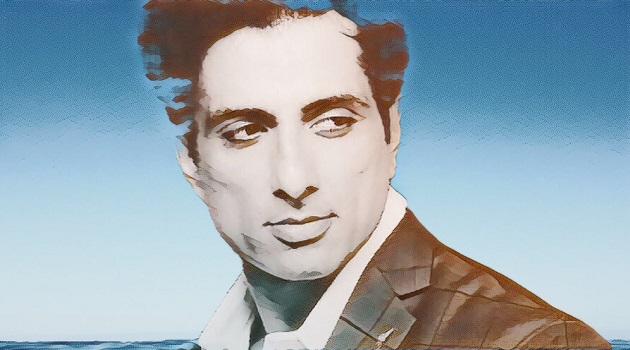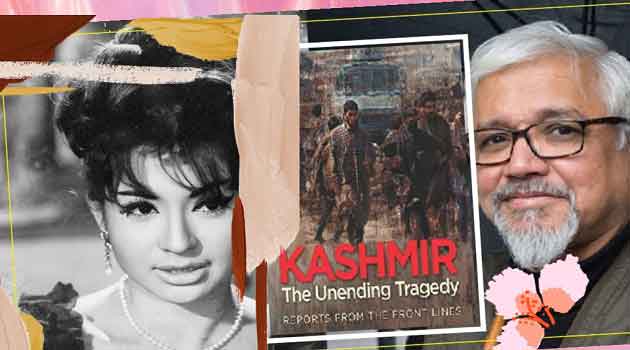Adoption is a choice of joy and hope to many lives by sharing love. It brings in the emotional satisfaction along with the responsibility of parenthood.
Legally, adoption is a process that allows someone to become the parent of a child, even though the parent and child are not related by blood. But in every other way, adoptive parents are the child’s parents.
As a developing nation with a huge population, India stands tall when it comes to the statistics around orphan children. COVID-19 has further added to the gravity of the situation. Experts say, growing population and lack of means for their survival makes India an adoption hub for many.
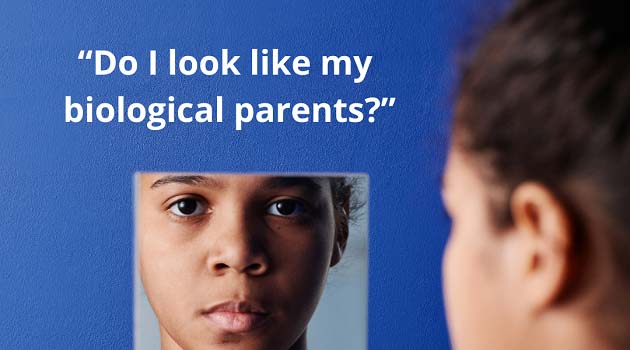
How easy or tough is to adopt a child in India?
Adoption is not a one-day event. It requires mental preparation, surety and eventually enactment upon the decision.
The legal procedures start thereafter which includes finding trustworthy sources, meeting required criteria, waiting for your turn in long lists of PAPs (Potential Adoptive Parents), completing document work and finally adopting the child.
Adoptions in India are governed by two laws — the Hindu Adoption and Maintenance Act, 1956 (HAMA) and the Juvenile Justice Act, 2015.
In July 2021, Parliament passed the Juvenile Justice (Care and Protection of Children) Amendment Bill, 2021 in order to amend the Juvenile Justice Act (JJ Act), 2015.
Accordingly, from September 1, 2022, District Magistrates have been empowered to give adoption orders instead of courts.
Yet, the current adoption system is said to be gripped by a series of unaddressed challenges that rely heavily on a parent-centric approach.
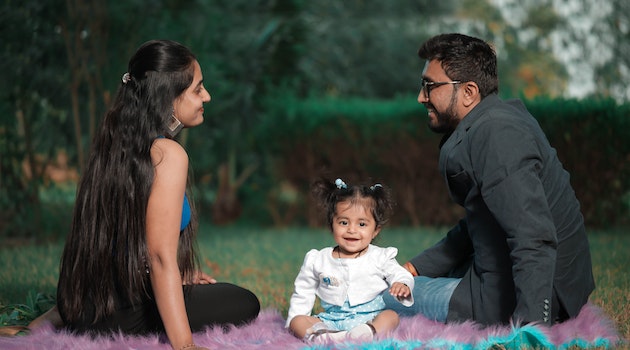
A total of 3,559 children were adopted in India between April 2020 and March 2021, as per official adoption data. These included 3,142 adoptions within the country and 417 abroad. In the previous year, 3,745 children were adopted.
If you are considering adoption, you can visit the website of Central Adoption Resource Authority or CARA which functions as the nodal body for adoption of Indian children and is mandated to monitor and regulate in-country and inter-country adoptions.
It is designated as the Central Authority to deal with inter-country adoptions in accordance with the provisions of the Hague Convention on Inter-country Adoption, 1993, ratified by Government of India in 2003.
This statutory body of Ministry of Women & Child Development, Government of India, primarily deals with adoption of orphan, abandoned and surrendered children through its associated or recognised adoption agencies.
LGBTQI+ Community and Adoption
The grounds of adoption for LGBTQI+ couples are not open in India yet since the minimum eligibility for a couple to adopt a child is for them to be legally married. Despite several protests and petitions, LGBTQI+ couples struggle for legal and social recognition and acceptance. The ‘Indian Family unit concept’ continues to be exclusive of a husband, wife and children as the LGBTQI+ couples wait for justice.
Insecurities and stress around adoption
For a successful adoption, it is important for everyone involved to be mentally prepared for it. The pre-adoption phase brings exhaustion and disappointments along. Throughout the process of adoption, anxiety and insecurities are bound to kick in for the new parents about the challenges and expectations that lie ahead of them.
Since it’s a life altering event for the adopted child, it is natural for them to suffer doubts and acceptance issues. There are numerous questions that they keep seeking the ‘right’ answers to.
In any case, the Prospective adoptive parents should not approach any nursing home, hospital, maternity home, unauthorised institution or individual for adoption. They should also keep away from touts or middlemen who may mislead people to adopt a child illegally. Through illegal adoption, you may unintentionally become part of child trafficking network.
